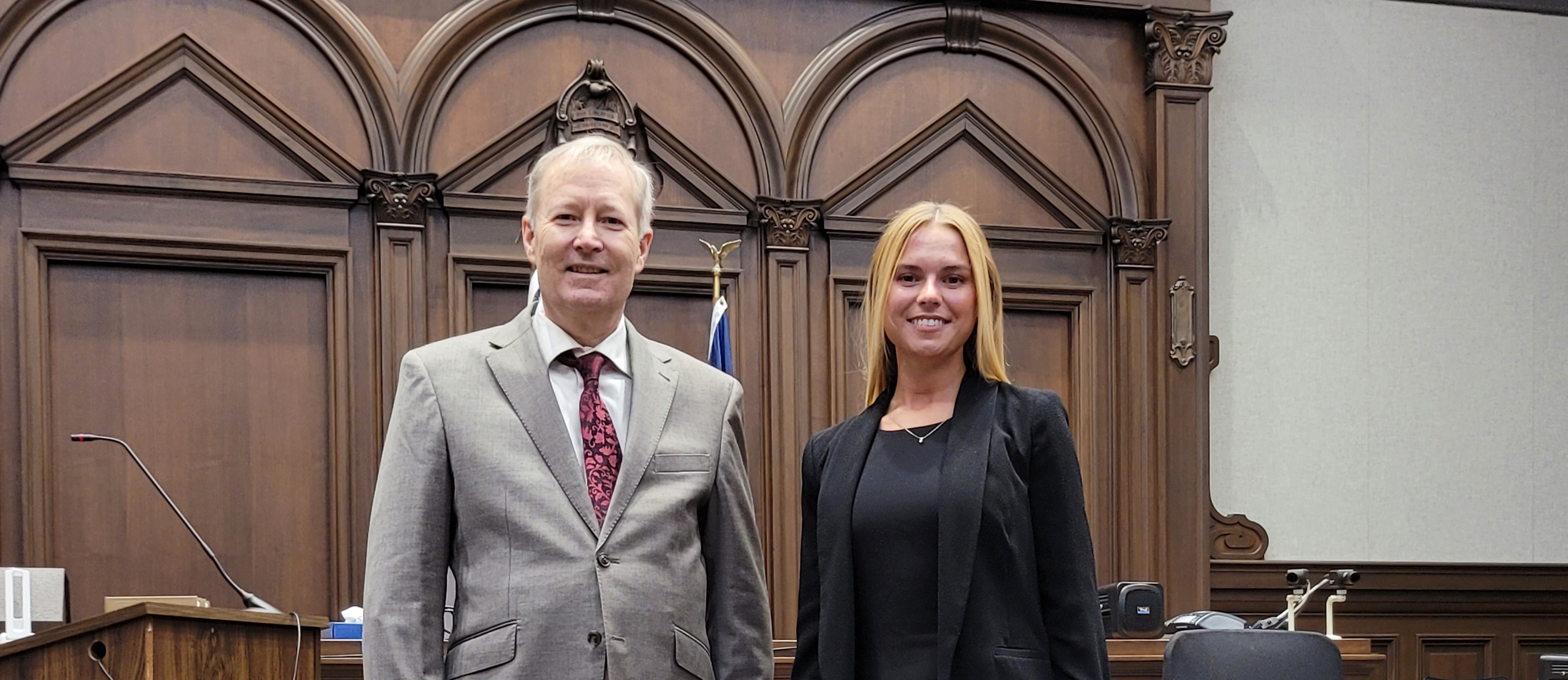Conflict Mitigators. Place Your Trust in Us

When Should I Begin Estate Planning?
Most people do not think of estate planning until they are in their 40’s or 50’s — and some even wait until they are even older. However, it is in your best interest to create an estate plan when you turn 18 or become emancipated (whichever comes first) even if you do not own a home yet.
What many people do not consider is that anything could happen to you at any point in your life. Because of this, it is best to start estate planning as early as possible.
Estate Documents
When you create an estate, it could be as simple as a Will or as extensive as having a trust, end of life wishes and more. A Will tells the administrator who you want to receive your assets. However, the Will may also distribute everything into a trust upon your death. This is called a pour-over Will.
Different types of trusts exist depending on what you want to do. The two major types are revocable and irrevocable. Once an irrevocable trust is created and funded, it cannot be changed. If you choose to create a revocable trust, you will not have as much protection, but you are also able to remove assets from the trust and change the trust.
With a revocable trust, you could put a house in it when you are 20, but if you get married at 30 and decide you want a larger house because you will be starting a family, you will be able to remove the house from the trust and sell it. With an irrevocable trust, it may be more difficult to accomplish this.
An estate attorney will go over your situation with you and help you determine which type of estate documents best suits your individual situation based on your age, the number of assets you own and several other factors.
Beneficiaries
You may be thinking that you do not have any kids to leave your assets to yet and do not need an estate plan. You are able to name anyone you want to be a personal representative as long as that person meets the requirements of the probate statutes, and you are able to name anyone you want as a beneficiary.
You do not need to have children to create an estate. In fact, you could leave your assets to your parents if you should die before them, and then name a secondary beneficiary in the event that your parents die before you. You are able to structure your estate plan in any manner you wish as long as you are not doing anything illegal.
The Importance of Creating an Estate Plan
If you should become incapacitated, creditors, including hospitals and nursing homes could take all your assets, leaving nothing for your heirs. With certain types of trusts, you are able to effectively transfer your assets to another person even before you become incapacitated or die, yet you will still be able to use those assets, including selling them as you wish.
If you should become incapacitated, you will not be able to handle your affairs, and the person named in the trust will be able to take over without going to court. Should you recover, you will take over your assets once again. Because the person you name has the same power as you as to selling and using property, you should choose someone you trust or spell out in the trust what actions the trustee may take. If you do not have a trust, you can select a person or bank to act as your conservator using a standby conservatorship. You can also designate a person who will make decisions about your medical and personal care in a standby guardianship.
Contact Willems Law
Regardless of your age, if you are over 18 or are emancipated prior to turning 18 years, contact Daniel Willems to schedule a consultation to discuss creating an estate plan.
